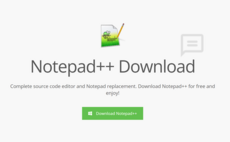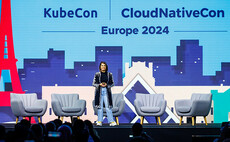Stop going on about petabytes of data and get on with creating data-driven applications, urges senior architect Natalino Busa
Big data platforms like Hadoop are becoming a commodity with the next phase, enabling the creation of products from data analytics, the current area of focus, according to Natalino Busa, senior dat...
To continue reading this article...
Join Computing
- Unlimited access to real-time news, analysis and opinion from the technology industry
- Receive important and breaking news in our daily newsletter
- Be the first to hear about our events and awards programmes
- Join live member only interviews with IT leaders at the ‘IT Lounge’; your chance to ask your burning tech questions and have them answered
- Access to the Computing Delta hub providing market intelligence and research
- Receive our members-only newsletter with exclusive opinion pieces from senior IT Leaders























